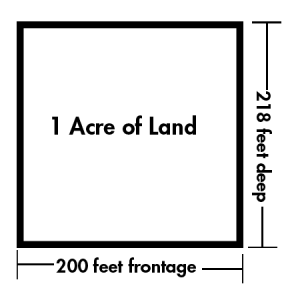Land and Its Development
Factory Built Homes, Codes & Inspections
Living in a Manufactured Housing Community
Location
The location of the land you purchase may be the most important decision. Your home location will be very important to you for a lot of reasons:
- The distance you commute to work
- Where you shop
- Taxes
- The school district, if you have school-aged children
- Where do you frequently like to go to see movies, to get pizza, for recreation, restaurants and conveniences?
Your Final Choice Of Land Is Affected By Your Budget
Location, location, location. It affects the price of even raw, undeveloped land. In a real sense, if you buy a larger lot of land in a more expensive location, it will impact price, resale value and your choices.
Factors like local regulations, water and sanitary services vary from one area to another. Before you decide on a tract of land, these are some things you should check in advance, because once you own the land, your choices are limited.
The land may not have access to municipal services like
sewer and water. Developing the needed utilities will
affect your budget and long-term costs.
Local Laws Affect Many Aspects Of Home Building
Some towns have strict laws on the minimum size in square footage or overall size of a home. Also, some laws define the type of factory-built structure that can be placed on the property. Local laws will tell you about allowable setbacks and separation of elements. Local law will also tell you the minimum size lot needed on which to build, as well as any relevant zoning concerns. All the information is available from the town or village’s Code Enforcement Official. Check with them in advance so that you fully understand your options.
Once you own land, there are several decisions that are out of your hands.
Lot Size – depending on the type of home you’re looking to build, there might be local ordinances that restrict your choice of home. Requirements for a septic system and well may also affect the size of land needed.
 Land size requirements are most often listed as acres. An acre equals 43,560 square feet. Before deciding on a home, check with your local code officials to make sure you understand set-back requirements (the distance from the home to the borders of your land) zoning issues, issues relating to placement of water wells and septic systems, and other local issues that may affect the type or placement of your home.
Land size requirements are most often listed as acres. An acre equals 43,560 square feet. Before deciding on a home, check with your local code officials to make sure you understand set-back requirements (the distance from the home to the borders of your land) zoning issues, issues relating to placement of water wells and septic systems, and other local issues that may affect the type or placement of your home.




